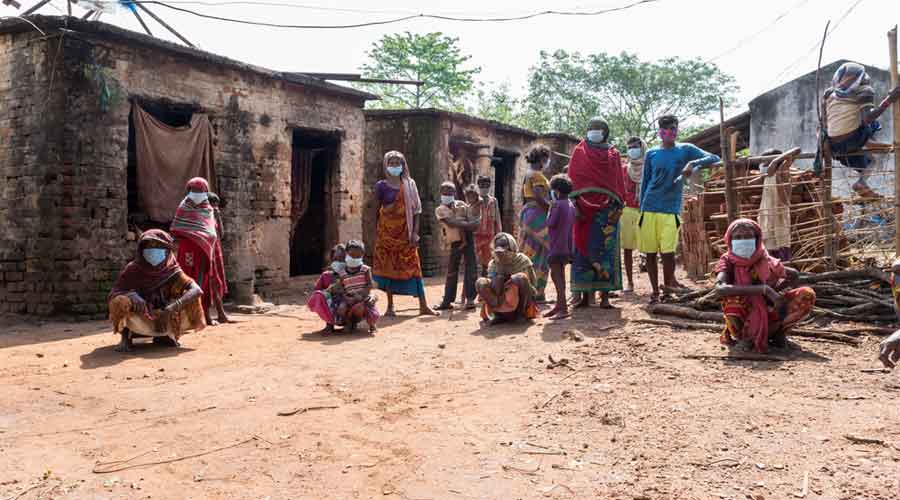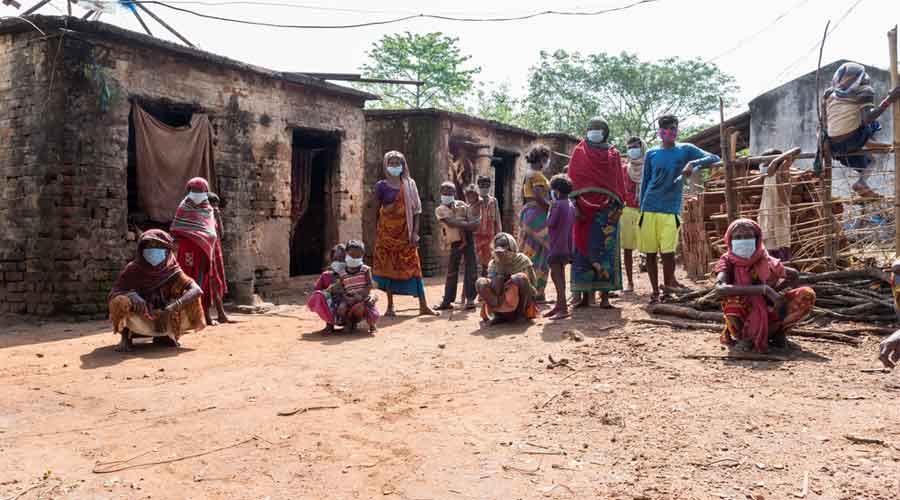Academics have expressed concern about possible data manipulation and privacy in relation to a “Social Registry” the NDA government plans to create as a one-stop database of households’ economic status that will help identify potential beneficiaries of welfare schemes.
Officials have said the registry will replace the Socio-Economic Caste Census (SECC), which contained both caste and financial data of families. Critics allege the government fears the SECC might spark unrest by showing, purportedly, that the disadvantaged castes are not getting their share of jobs.
Having conducted the lone SECC as far back as 2011-12, the rural development ministry has been looking for updated data to identify beneficiaries for its welfare schemes. In 2017, it proposed the Social Registry.
In the registry, whose preparation is expected to begin sometime after the 2021 population census ends in late 2022, households will be linked to the Aadhaar numbers of their members.
The registry is to be updated regularly so the government can ascertain how much families and individuals have benefited from its programmes and which of them should now be excluded from these schemes.
While data for the SECC was gathered through house-to-house surveys by trained enumerators, academics fear that data for the registry might be collected through local government officials who may or may not make enquiries that, in any case, are likely to be perfunctory.
Amitabh Kundu, Senior Fellow at the World Resources Institute, a global think tank on developmental issues, said the Social Registry must not replace the SECC.
“The SECC is prepared through a process of community participation at the local level where claims and objections can be discussed and resolved. In an online system of updating information, people can get away by overstating their deprivations and vulnerability,” he said.
“It’s possible to produce certificates from different sources through pulls and connections and claim benefits without ground-level verification. It can open windows to favouritism and corruption. There is greater surveillance and scrutiny in the process of data collection for the SECC that can and should be strengthened.”
During the SECC, the data collected by the enumerators was publicly displayed at prominent places in the villages. Claims and objections were sought and settled in the gram sabhas. No such measure was adopted in urban areas, where the SECC data collection process was widely held to be less rigorous.
Economist Jean Dreze expressed privacy concerns about Social Registry data, which will be accessible to government officials at all times. In contrast, SECC data could be accessed only for specific purposes and under a strict protocol.
Dreze demanded a public debate before the launch of the registry. “The possible preparation of a Social Registry does not sound like a good reason to drop the next SECC. A social registry will take years to prepare, and is likely to be error-prone for some time,” he said.
“It should not even be initiated without a public debate about its possible implications for privacy and civil liberties.... The sort of data that the SECC generates would be very useful to update and extend the coverage of critical social programmes.”












